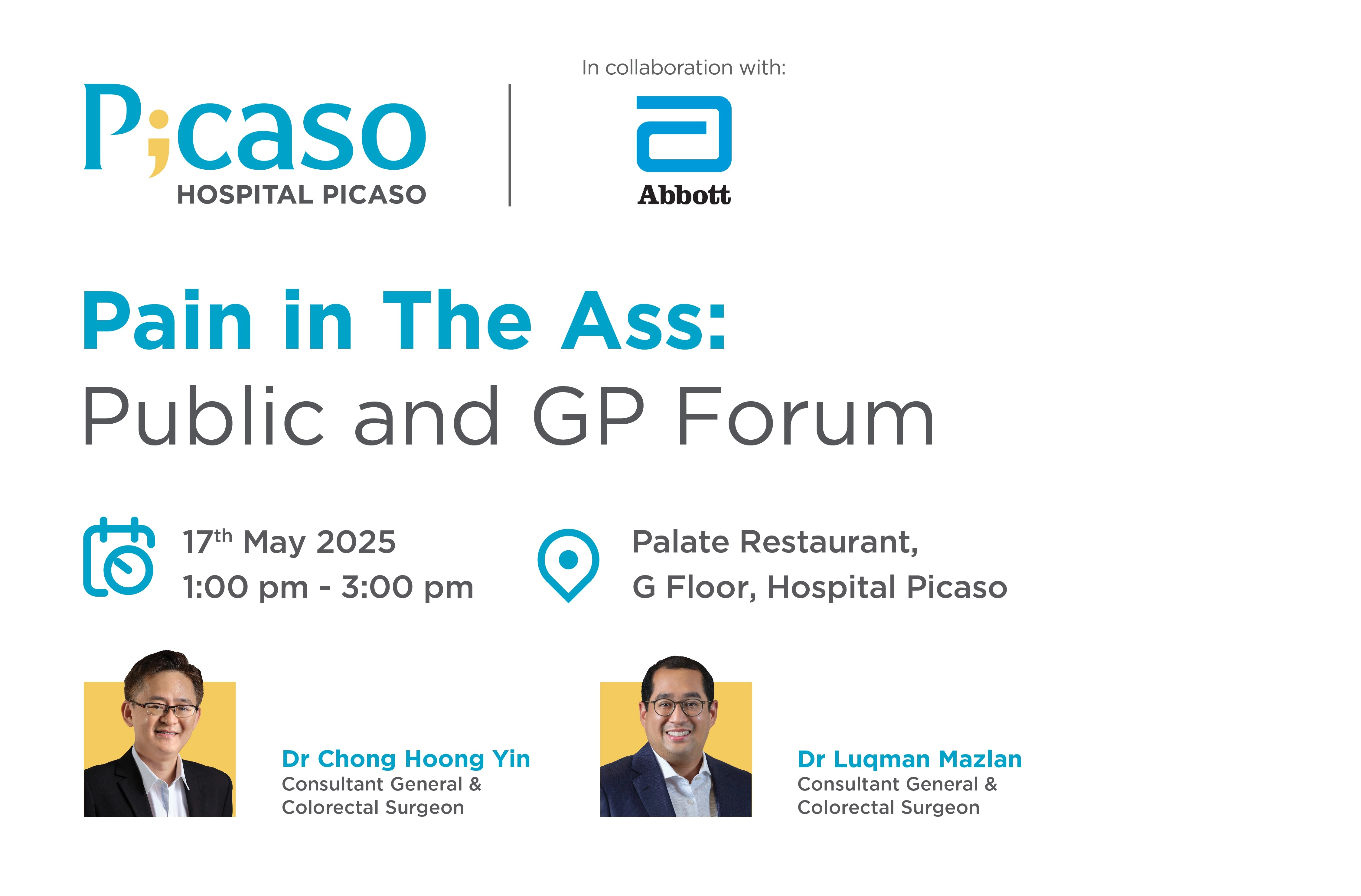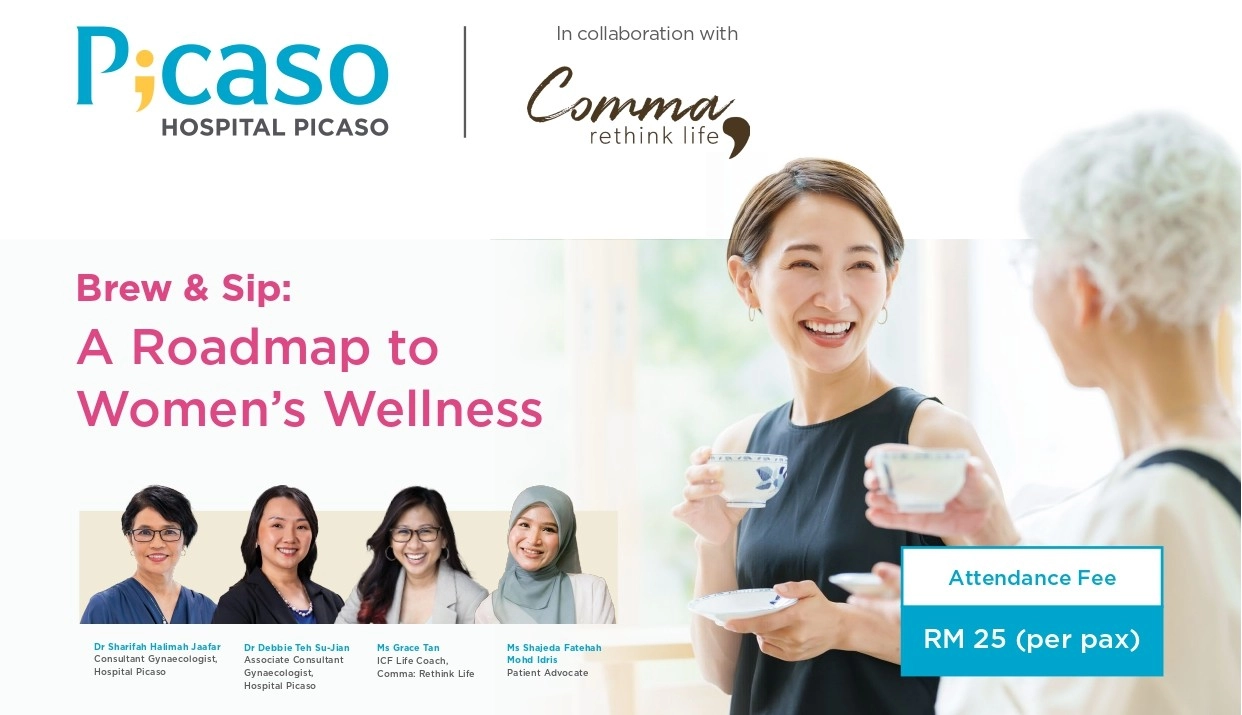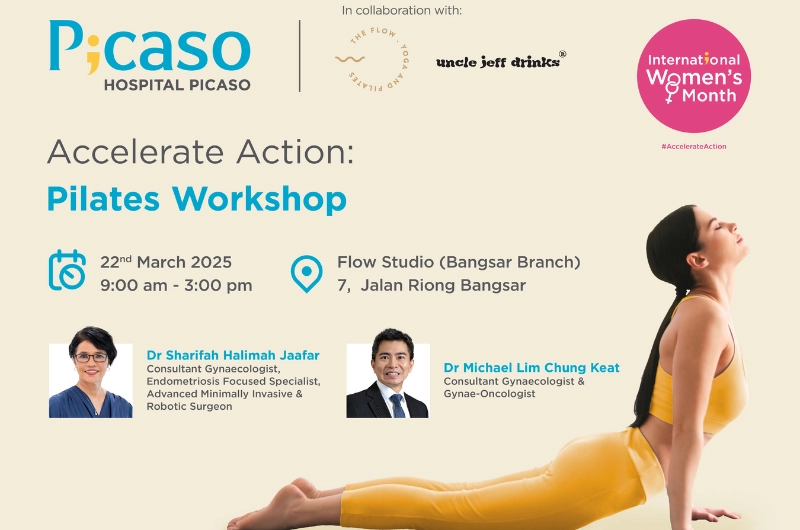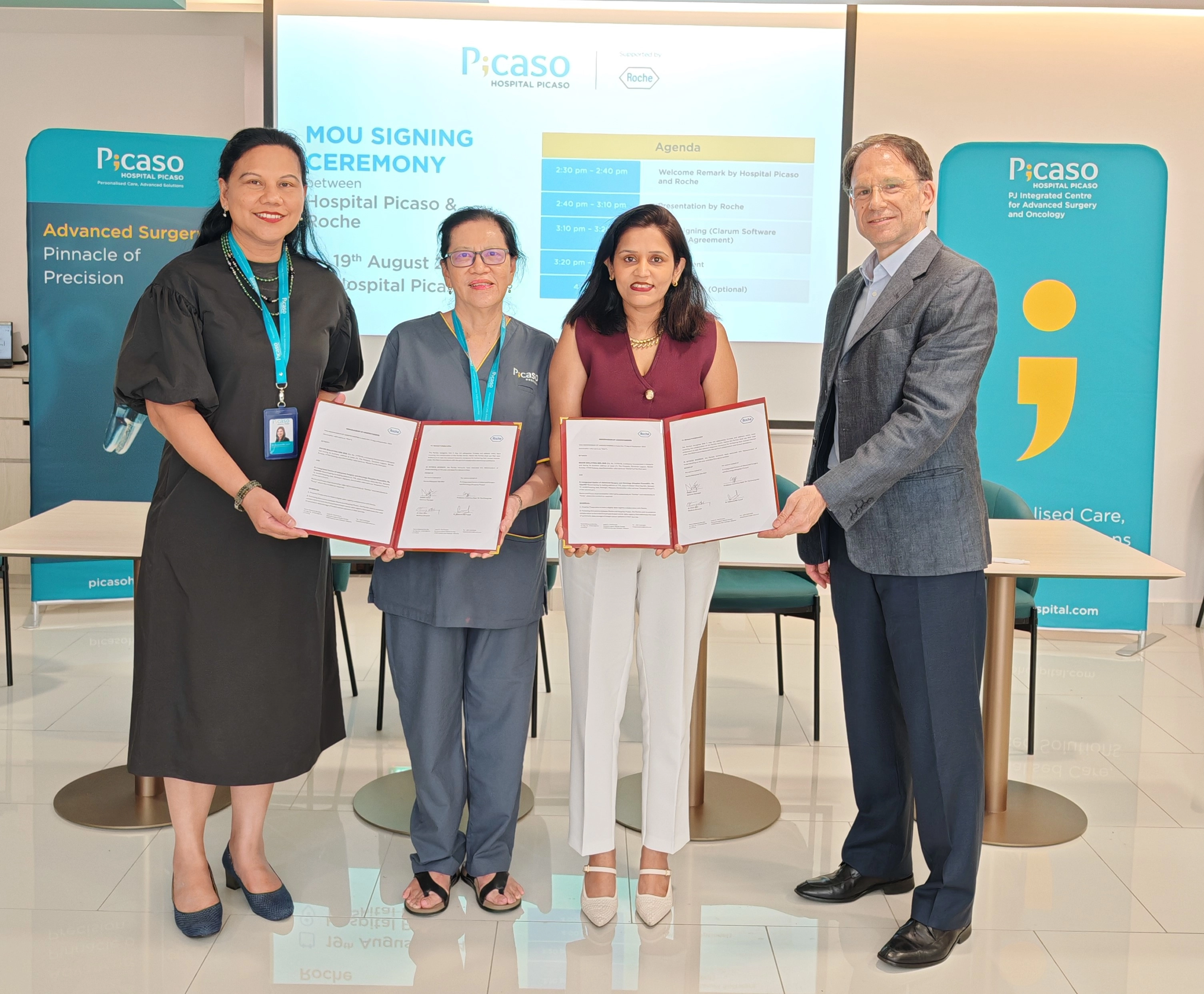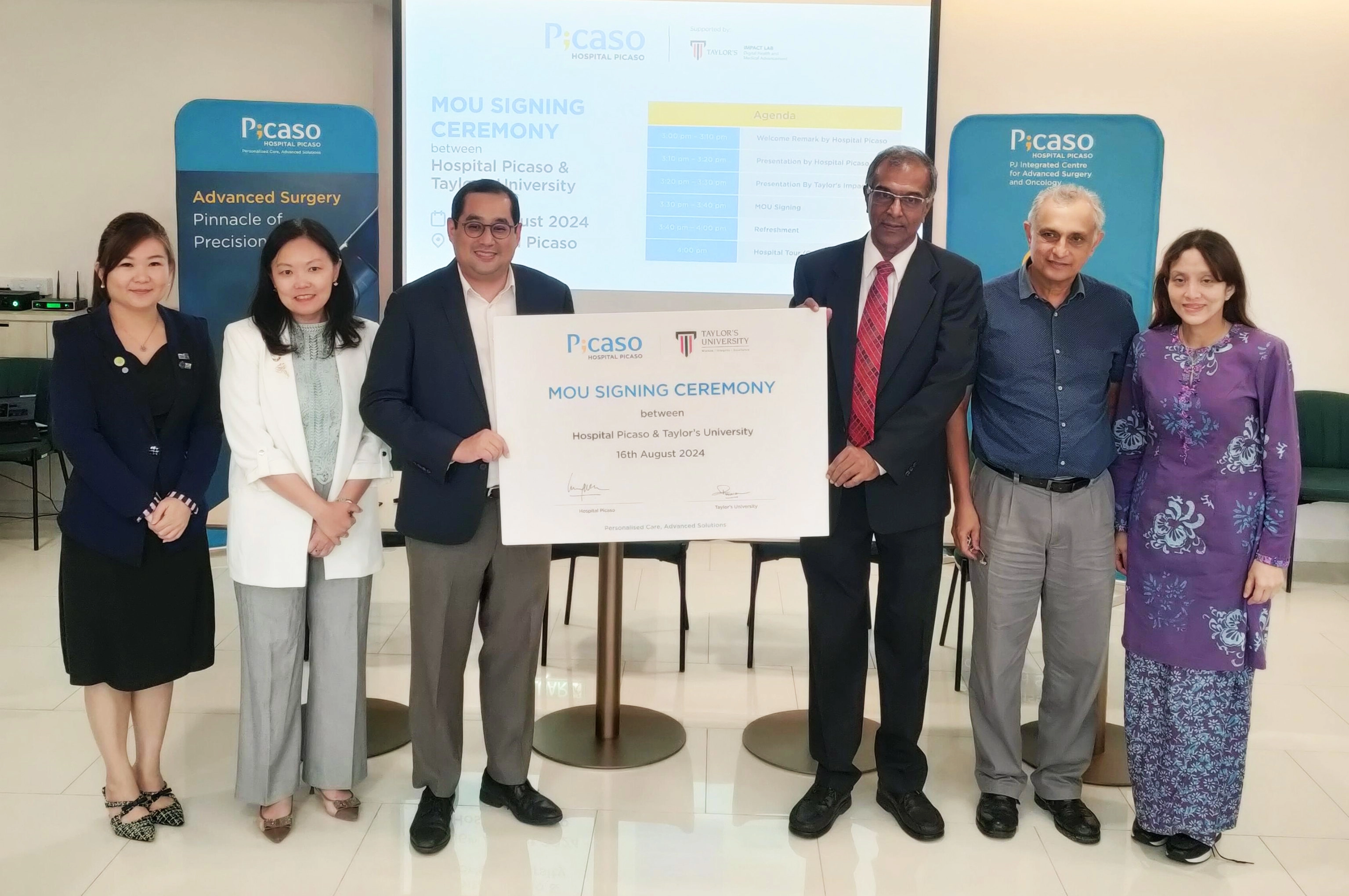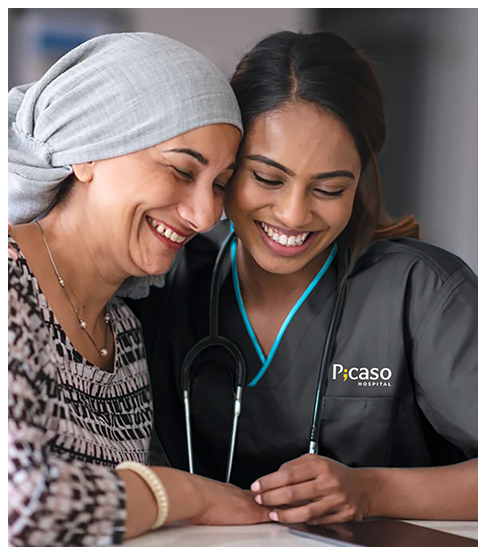“I was told by doctors, family and elders – pain is part of being a woman.” A Call to Recognise Endometriosis
June 03, 2025
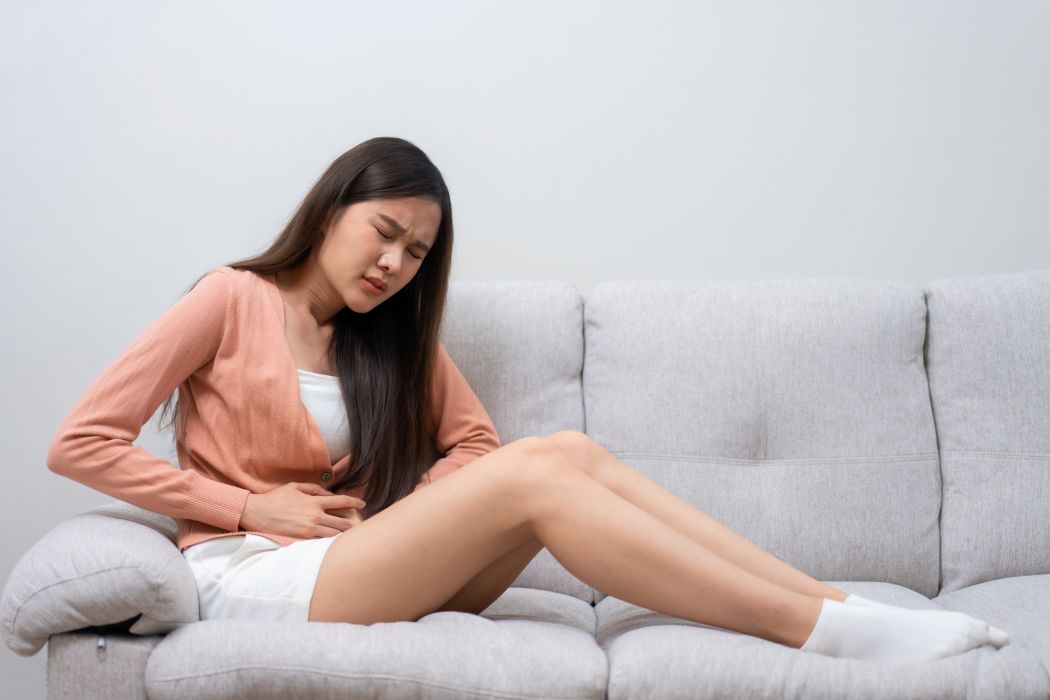
For years, their pain was invisible. It twisted their bodies, disrupted their lives and was often dismissed as stress, gastritis or simply “normal period pain”.
For Dr Ashvinder, a junior doctor in Johor, and Shajeda, a tutor, the journey with endometriosis has been marked by a whirlwind of emotions – misdiagnosis, the struggle to build self-resilience and ultimately, finding hope through it all. Despite being a medical professional, Dr Ashvinder shares how, based on what she had studied and with only a year of medical practice at the time, she had narrowed her symptoms down to menstrual pain as the likely cause. “I thought it was just period pain,” she reflects. “It was only later that I found out it was endometriosis.” This experience has shaped her perspective as both patient and healthcare provider, further fuelling her advocacy to break the silence around the condition.
The symptoms began in their teenage years. From stabbing pelvic pain to nausea and fatigue, both women endured what they later learned were tell-tale signs of endometriosis – a condition where tissue similar to the womb lining grows outside the uterus, affecting around 6 to 10% of women of reproductive age worldwide.
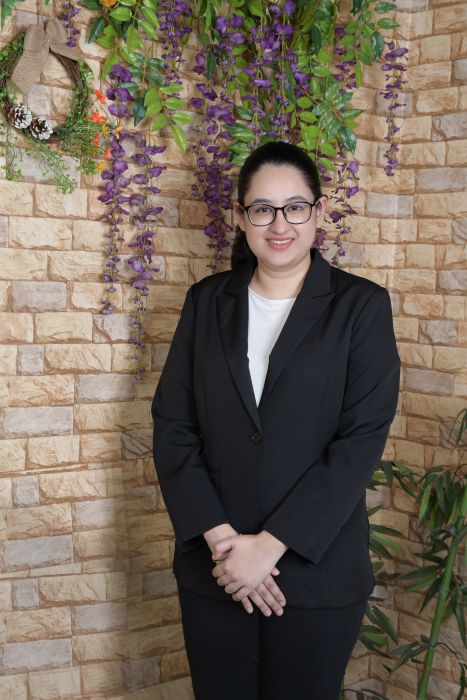
Dr Ashvinder
“I was told by doctors, family, even elders – pain is part of being a woman. I began to think maybe I was physiologically weak. Maybe I had to learn to “tahan”, says Dr Ashvinder, now aged 28. Despite studying medicine, she wasn’t diagnosed until her mid-twenties. “We weren’t taught about endometriosis in detail. In medical school, we focused on what could kill fast – cancers and illnesses – not the long-term conditions that can cause persistent issues like debilitating period pain.
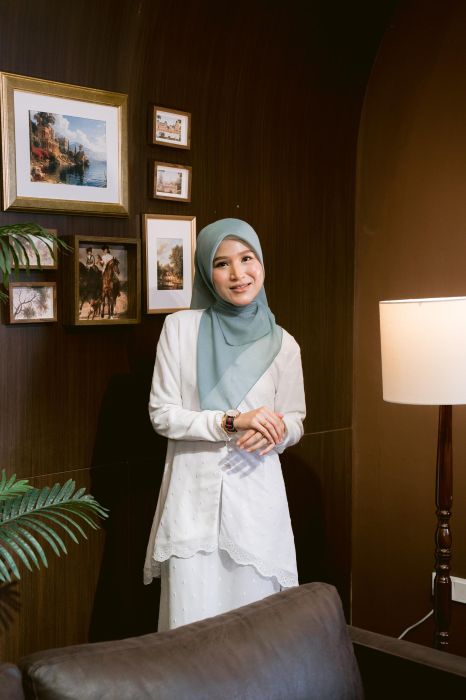
Shajeda
28-year-old Shajeda walked a similar journey. From age 14, she experienced debilitating pain during her period, often using up to 16 sanitary pads a day and struggling to walk or sit upright especially in the first few days of her menstruation. “Every doctor told me it was either stress or something to do with my diet. For seven years, I believed them, but deep down, I knew something wasn’t right,” she recalls.
Both women had sought answers for their health predicament for several years before the final breakthrough came. For Shajeda, an incidental ultrasound at age 21 revealed cysts, leading to her diagnosis while for Dr Ashvinder, it was when her colleagues noticed her monthly agony and a concerned medical specialist finally recognised her symptoms.
Dr Ashvinder shares how some healthcare providers downplayed the severity of her symptoms, leaving her to doubt her own experience. “I knew what I was going through, but I still questioned myself because of how often my pain was dismissed,” she says.
Both women eventually found their way to Dr Sharifah Halimah Jaafar, who was working in a hospital in Johor Bahru. Finding Dr Sharifah was a turning point. “She didn’t just ask me about the pain. She asked how it affected my day, my work, my dreams. That empathy was rare,” says Shajeda.
Laparoscopic surgery was the first step for both. Dr Ashvinder underwent a robotic laparoscopic cystectomy and continued on hormonal therapy to manage her condition. She speaks candidly about the emotional toll of the medication, sharing how it affected her mood and mental well-being. “I became irritable and depressed – I didn’t realise then that what I was experiencing could have been linked to the hormonal changes from the treatment,” she reflects.
Shajeda explained, “That did not stop there. I was placed on hormone injections to suppress my period pain, which led to chemically-induced menopause and came with emotional highs and lows.” The burden wasn’t just physical. “I chose to keep the pain to myself. My parents are already in their 70s, and my mum is unwell – I didn’t want to add to their worries,” she confides.
Dr Sharifah, who is known for her empathetic, patient-first approach, is currently practising at Hospital Picaso as a Consultant Gynaecologist, Endometriosis-Focused Specialist and Advanced Minimally Invasive & Robotic Surgeon. “Endometriosis is more than a gynaecological issue – it’s a public health concern. The disease can affect fertility, disrupt education and careers, and take a toll on emotional well-being,” said Dr Sharifah.
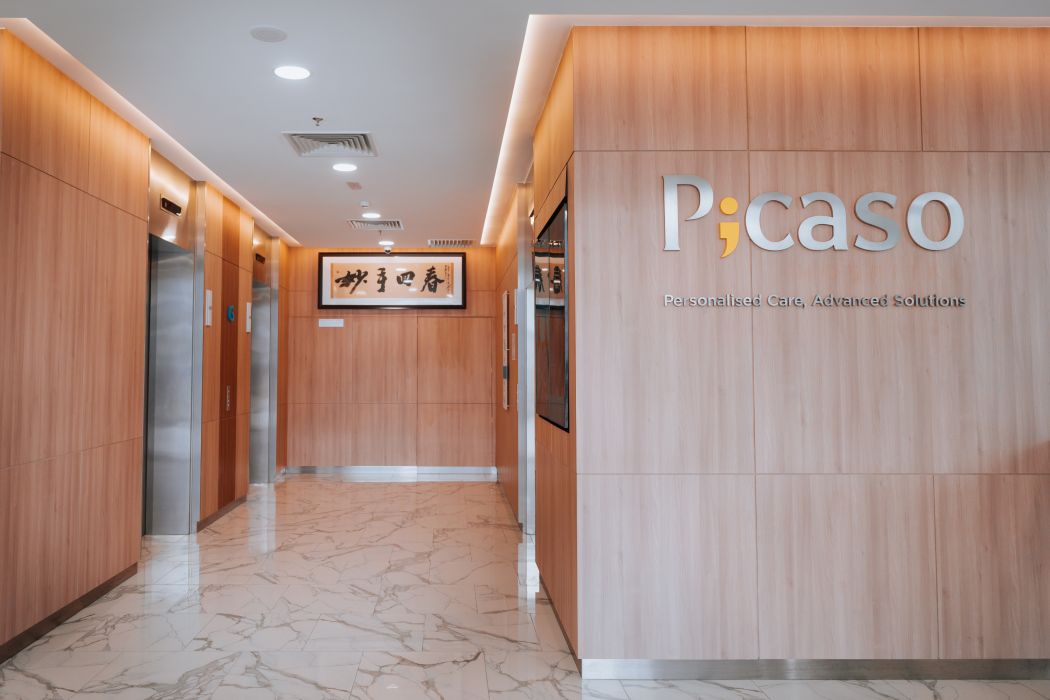
At Hospital Picaso, Dr Sharifah leads a specialised service that pioneers endometriosis care with a holistic approach – one that integrates diagnostics, advanced surgery, patient education and emotional support, all under one central location – making it a seamless journey for patients with better outcomes. She has also recently launched her book, “Fighting the ‘Devil’ Within: A Chronicle of Untold Stories & Challenges of Endometriosis”, which offers guidance to patients, caregivers and healthcare professionals, drawing from real-life experiences like those of Dr Ashvinder and Shajeda.
As Malaysia works towards better healthcare access and awareness, it is stories like these – raw, real and courageous—that show why we must keep the conversation going.
For more information on Hospital Picaso, please visit www.hospitalpicaso.com or https://www.facebook.com/hospitalpicaso/.
Back
